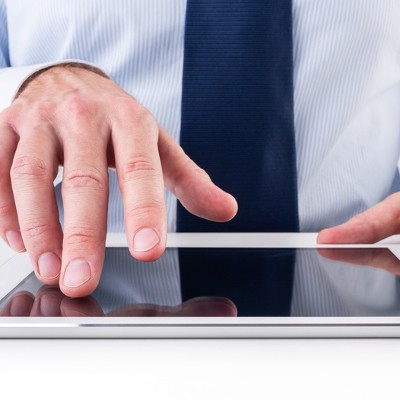- Home
- About Us
- IT Services
- Understanding IT
- Understanding Ransomware
- Understanding Shadow IT
- Understanding Your Virtual Identity
- Understanding the Modern Office
- IT Threat Glossary
- Understanding Business Continuity
- Windows Server 2003: End of Life
- Understanding the Internet of Things
- Understanding Network Security
- Understanding SOX
- Understanding BYOD
- Understanding PCI DSS
- Windows XP End of Life
- Understanding HIPAA
- Cloud Computing
- Windows 2008 Server EOL
- News & Events
- Blog
- Support
- Contact Us
- Home
- About Us
-
IT Services
-
Understanding IT
- Understanding Ransomware
- Understanding Shadow IT
- Understanding Your Virtual Identity
- Understanding the Modern Office
- IT Threat Glossary
- Understanding Business Continuity
- Windows Server 2003: End of Life
- Understanding the Internet of Things
- Understanding Network Security
- Understanding SOX
- Understanding BYOD
- Understanding PCI DSS
- Windows XP End of Life
- Understanding HIPAA
- Cloud Computing
- Windows 2008 Server EOL
- News & Events
- Blog
- Support
- Contact Us
SCW Blog
Tip of the Week: Prevent Employees From Wasting Mobile Data on Personal Apps
A Bring Your Own Device (BYOD) policy can be a great way to manage mobile devices. After all, if an employee brings in their own device to use for work, that’s one less device you have to provide (and foot the bill for). This is not to say that implementing BYOD is free of concerns, including data ownership and accountability. However, there is another concern to contend with when an employee uses a personal device for professional purposes: how can you be sure that the data you are reimbursing was used to benefit your business, and not to play Pokemon Go?
Considering the fact that reimbursement for BYOD usage became a requirement after Cochran v. Schwan’s Home Service in 2014, this is a very fair concern. While only 36 percent of responses to a Syntonic survey said that 50 percent or more of their employees would utilize their personal smartphones while fulfilling work responsibilities, 77 percent of all respondents expected the utilization of BYOD practices to increase within a year.
Taking those stats into consideration, factor in that a full 87 percent of respondents admitted to relying on their employees to have the ability to access mobile business applications from their personal devices; 43 percent of whom stating that they “highly” depend on this ability. As a result, a total 81 percent of surveyed organizations have already enacted a BYOD policy and of these companies, with 69 percent of them reimbursing their employees for their data usage costs.
The last statistic begs the question: how does one determine the difference between business usage and personal usage on a BYOD device when 26 percent of businesses surveyed admitted that doing so was an issue for them?
47 percent of those who reimburse for BYOD would utilize a stipend system, 29 percent requiring their staff members to calculate out their “work” usage themselves. As a result, fewer than a quarter of those surveyed claimed to accurately reimburse their workers--45 percent claiming to overspend by $100 a year for each employee. Half said that each employee would receive over $50 each month as their return.
It certainly couldn’t have helped that 41 percent of survey respondents had never heard of “split billing solutions.” These are solutions that automatically separate business and personal usage to properly calculate how much is actually owed to the employee. Utilizing a split billing solution could very easily negate the guesswork and honor code associated with BYOD reimbursements, saving many companies a hefty chunk of change.
Does your company utilize a BYOD strategy and, if so, do you have a reliable method of calculating employee reimbursement? SCW can help you do so. To talk about your BYOD solution, give us a call at (509) 534-1530.
About the author
Sam is a network engineer with a broad range of experience spanning more than 35 years. He wrote is first piece of code in 1979 and has been involved with the industry ever since. For the last 20 years, he has worked for SCW Consulting where he has embraced his passion for network technology and security.
Mobile? Grab this Article!
Tag Cloud


Comments